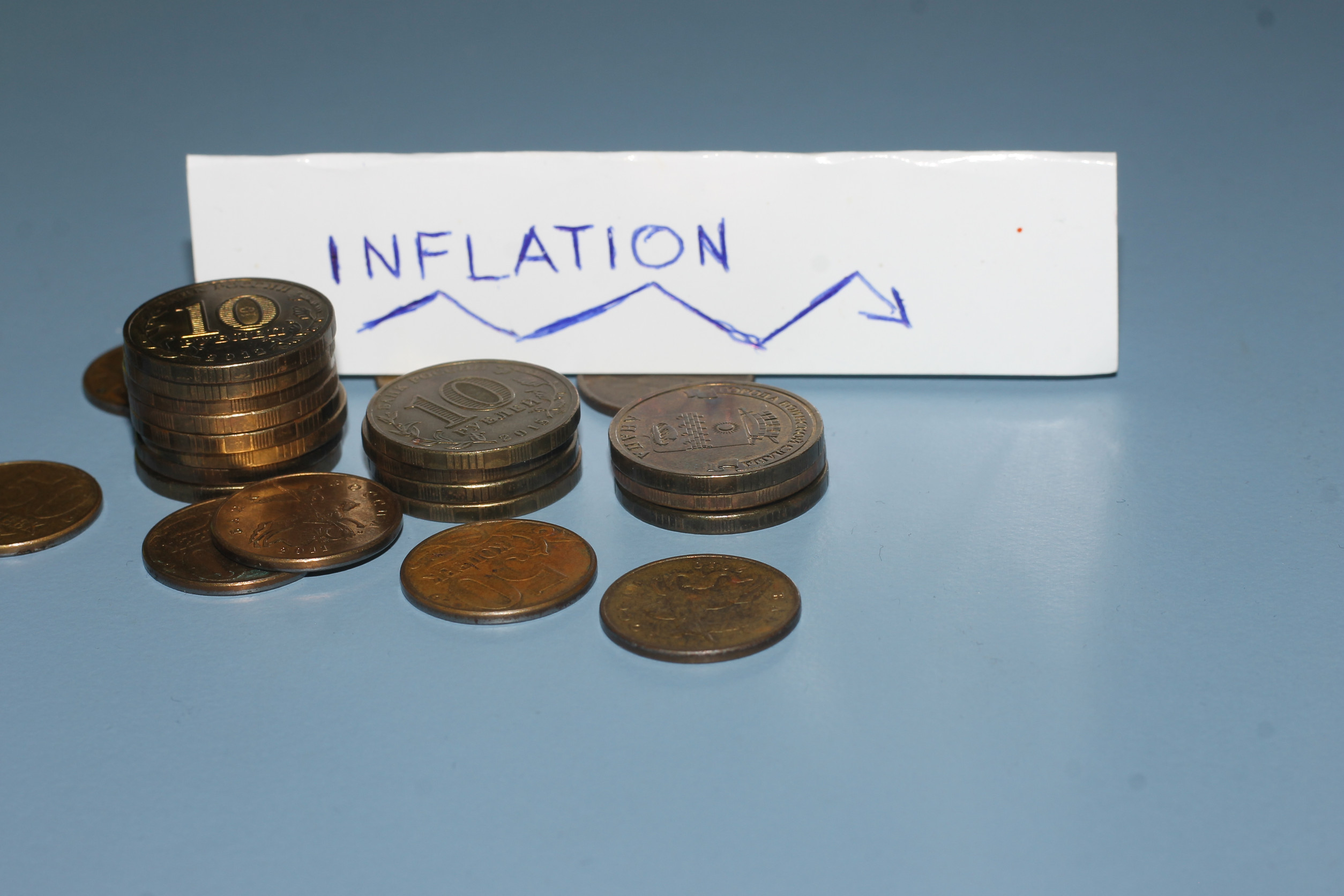Inflation doesn’t always announce itself with flashing lights and sirens. Sometimes it moves slowly, working under the surface, quietly reshaping the financial landscape without drawing much attention. While news headlines focus on rising interest rates or volatile stock markets, inflation continues to chip away at the financial stability of middle-class households.
The damage isn’t always immediate or obvious, but over time, its impact compounds, reducing buying power and long-term wealth. For millions of middle-class families, the erosion is real—even if they don’t feel it happening in the moment.
1. Shrinking Purchasing Power
The most direct way inflation hits the middle class is by reducing what their dollars can buy. Groceries, gas, insurance, and even basic household goods all cost more than they did just a few years ago. Salaries rarely keep pace with the rate of inflation, which means households slowly lose the ability to maintain their standard of living. This forces families to cut back, substitute cheaper alternatives, or rely on credit to cover basic needs. Over time, this adjustment becomes the new normal, masking the fact that real purchasing power has quietly diminished.
2. Stagnant Wages Against Rising Costs
Middle-class incomes often appear stable on paper, but in real terms, they are falling behind. Even small annual raises can’t keep up with the soaring costs of essentials like housing, healthcare, and education. As expenses grow faster than earnings, discretionary spending shrinks and savings goals slip out of reach. This imbalance makes it harder for middle-class households to build wealth, invest for the future, or even handle unexpected emergencies. The result is a widening gap between income and financial security, leaving many stuck in place or slipping backward.
3. Housing Costs Are Outpacing Equity Gains
Homeownership used to be the cornerstone of middle-class wealth building, but inflation has complicated that equation. While home prices have surged, so have interest rates, property taxes, and maintenance costs, reducing the affordability and profitability of owning a home. Home equity may rise on paper, but it often can’t keep pace with the increased cost of living or the cost of buying a new home. For younger buyers, inflation has made it harder to even enter the market, pushing them into renting cycles that delay wealth accumulation. Meanwhile, long-time owners may find themselves “house rich” but cash poor, unable to tap into equity without taking on new debt.
4. Savings Are Losing Value in Real Time
The middle class traditionally relies on savings accounts, CDs, and retirement funds to secure their financial future. But when inflation outpaces interest earned on those accounts, the real value of saved money declines. What seemed like a solid nest egg ten years ago might not cover the same expenses today. Even conservative investments, like bonds, may underperform when adjusted for inflation, causing retirement planning to fall short. Without proper adjustments or higher-yield alternatives, middle-class savers risk watching their money quietly lose ground year after year.
5. Everyday Debt Becomes More Dangerous
As the cost of living rises, more families turn to credit cards, personal loans, and other short-term debt just to get by. Inflation makes this debt more dangerous by increasing interest rates and reducing the ability to pay off balances quickly. Minimum payments stretch budgets thinner, while interest charges pile up and eat away at financial stability. What starts as a temporary fix often turns into a long-term liability, trapping families in a cycle of borrowing and repayment. Over time, this reliance on debt erodes any progress toward building real, lasting wealth.
Inflation’s Silent Assault on the Middle Class
Inflation isn’t just about higher prices—it’s a quiet force that rewrites financial reality for the middle class. It creeps into budgets, shrinks opportunities, and forces tough trade-offs that undermine long-term security. While the signs may not always be dramatic, the consequences are unmistakable for those trying to save, invest, and get ahead. Awareness is the first step to fighting back against this steady erosion of wealth.
Share your thoughts or experiences in the comments—how is inflation changing your financial life?
Read More
10 Money Moves That Were Smart in 2005 But Not Anymore
7 Financial Products Disguised as “Safe” That Wipe Out Savings


